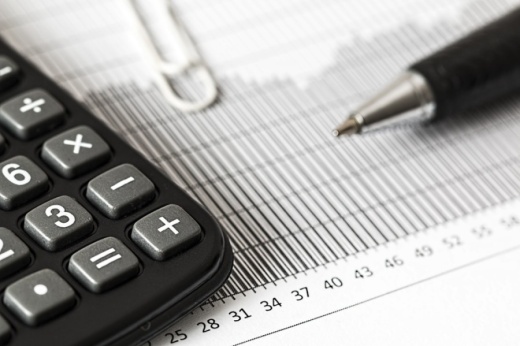Fort Bend ISD taxpayers could face up to a $0.03 tax rate increase for the 2021-22 year after the school board unanimously set the maximum tax rate at $1.2702 during its April 19 meeting.
The $0.03 increase is expected to generate an additional $15.1 million for the district, which will be used to fund FBISD’s response to the COVID-19 pandemic. FBISD Chief Financial Officer Bryan Guinn said a $0.03 increase to the district’s tax rate would increase the average taxpayer’s annual bill by $200.
The district could increase the tax rate by utilizing disaster pennies—which can be enacted by the board without an election during a declared emergency—or by calling a voter-approval tax rate election, or VATRE, which allows for a more permanent tax rate increase, Guinn said.
However, funding for the upcoming year remains in flux as property values are not yet certified and the district anticipates receiving federal emergency funding as a result of the coronavirus pandemic, which could reduce the need to raise the tax rate, Guinn said.
Funding the future
During an April 19 presentation, Guinn split FBISD’s general revenue budget into two categories: the base budget, which includes core business and teacher compensation, and post-pandemic response items.
Guinn said the base budget is balanced using the district’s current tax rate of $1.2402.
“If we were operating the district on an ongoing basis as we would in a normal year, our budget is balanced,” Guinn said. “However, we recognize that we are going to have additional [COVID-19] expenditures ... and we’ve segmented those out so that the board can clearly see how we are recommending to fund those options going forward.”
The base budget includes a $3,000 increase to starting teacher salaries—from $55,500 to $58,000—and offers a 6% pay increase for teachers on the step scale. Additionally, non-teacher salaries would be adjusted by 4%.
Pandemic response items include teacher planning time to offset learning loss from the pandemic, an exceptions-based virtual school, student interventions and contract tracing. These items together are expected to cost $15.1 million.
FBISD has a variety of avenues to fund these expenses, Guinn said, including if property values come in higher than expected, unallocated COVID-19 relief funding for schools, or raising the tax rate.
Guinn said raising the tax rate by $0.03, either through disaster pennies or a VATRE, would generate the $15 million to fund COVID-19-related expenses. He described using disaster pennies as a last resort and said a VATRE would only be necessary if the Legislature prevents disaster pennies from being used for a pandemic.
“That is not something that we would go to first,” Guinn said. “It would be our action of last resort if no federal funding comes in.”
By reducing strategic priorities and factoring in federal funding, the district was able to avoid an estimated $88 million budget deficit, which was first described during the March 29 board of trustees meeting. At that time, the district presented raising the tax rate by up to $0.11.
“I do appreciate you all coming together with this adjusted budget,” board President Addie Heyliger said. “The last time we had this discussion, I know we were all concerned with the major gap that we had.”
The board of trustees will host a public budget hearing and approve the budget in May, and the tax rate will be adopted in August.





